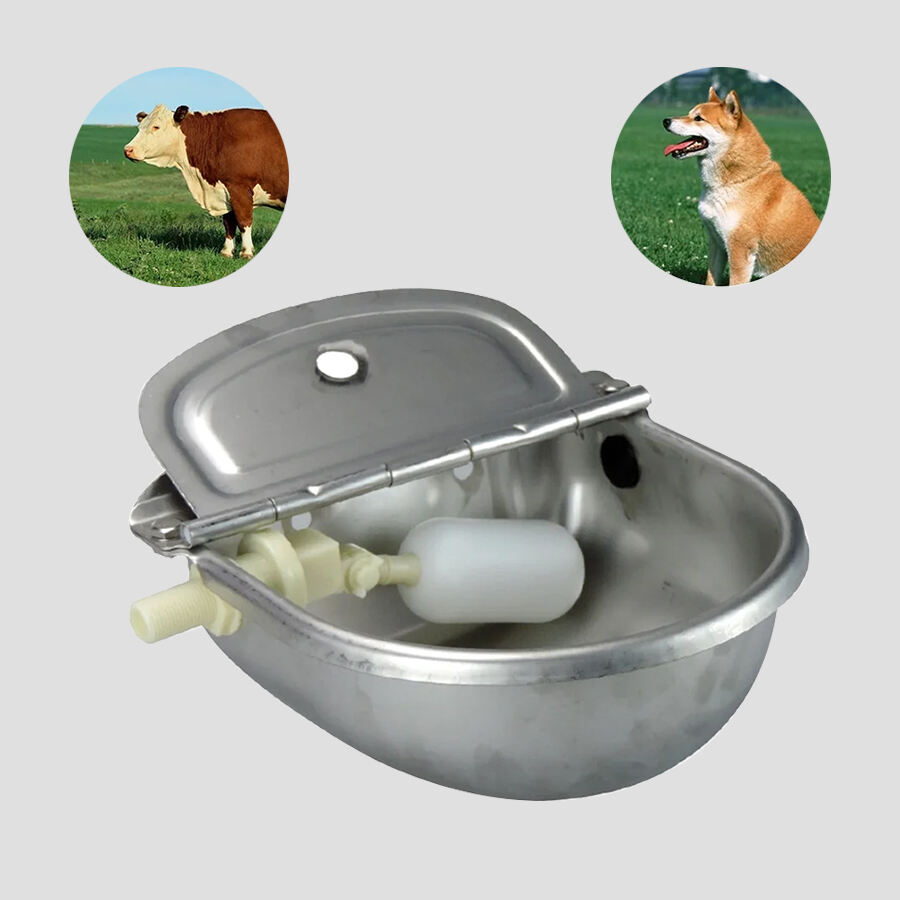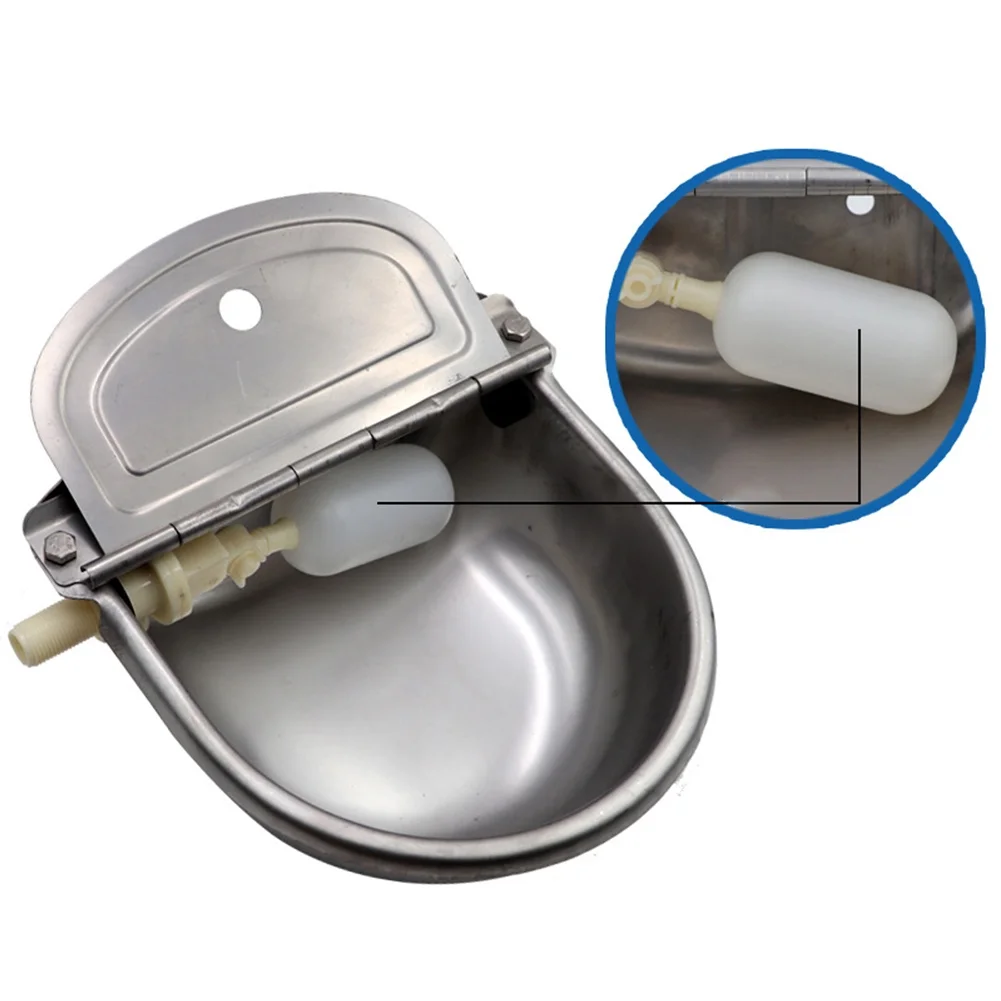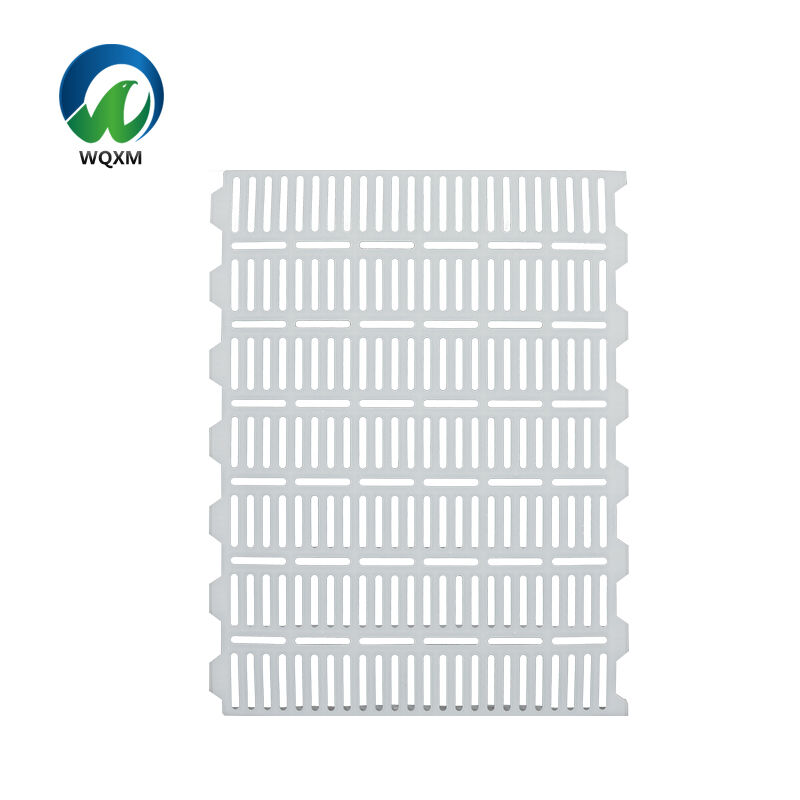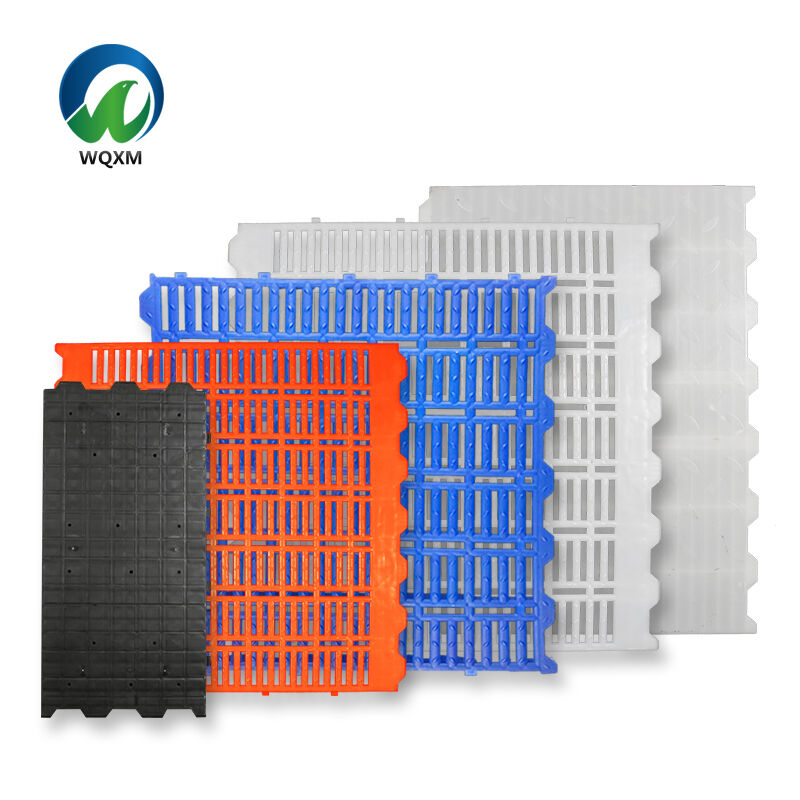newest pig farming equipment
The latest advancements in pig farming equipment represent a significant leap forward in agricultural technology, combining automation, precision monitoring, and sustainable practices. Modern feeding systems now feature intelligent dispensers that automatically adjust feed quantities based on individual pig weights and growth stages, ensuring optimal nutrition while minimizing waste. Environmental control systems maintain ideal temperature, humidity, and ventilation through sophisticated sensors and real-time adjustments. Smart monitoring systems utilize artificial intelligence and machine learning to track pig health, behavior, and growth patterns, allowing farmers to detect potential issues before they become serious problems. Waste management systems have evolved to include automated cleaning mechanisms and biogas conversion capabilities, improving farm hygiene while generating renewable energy. The integration of mobile applications enables farmers to monitor and control all these systems remotely, providing unprecedented convenience and control. These innovations also incorporate water conservation features, utilizing recycling systems and precise dispensing mechanisms to reduce water consumption while maintaining optimal hygiene standards. The equipment's modular design allows for scalability and easy maintenance, making it suitable for both small-scale and industrial farming operations.
















